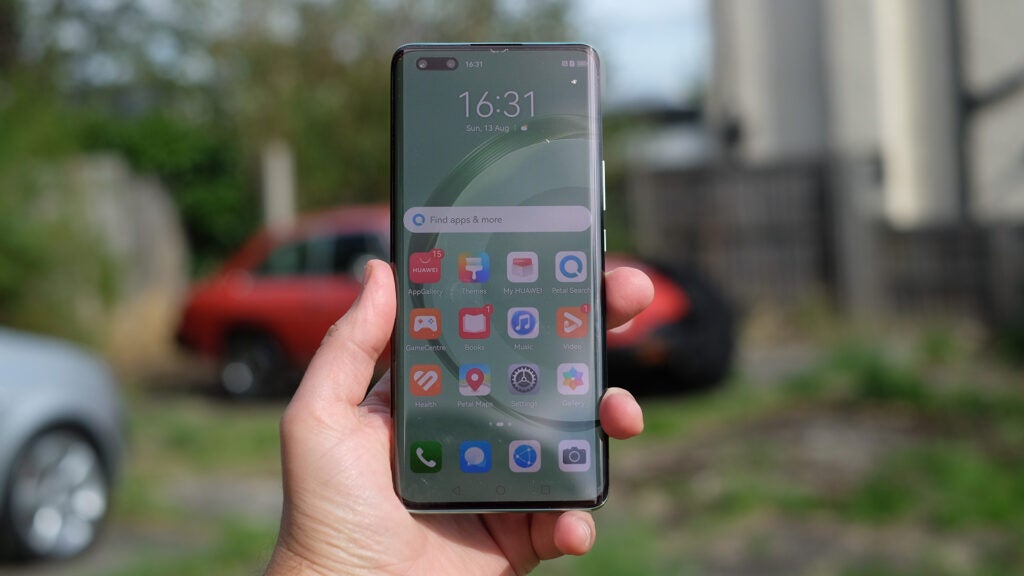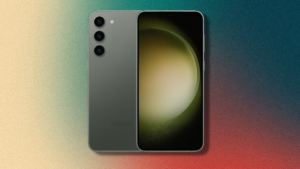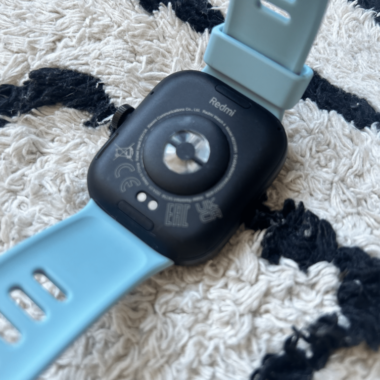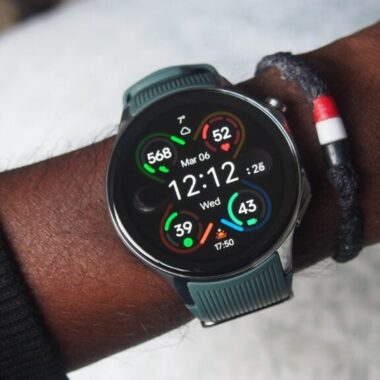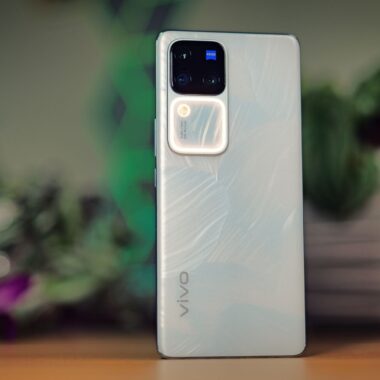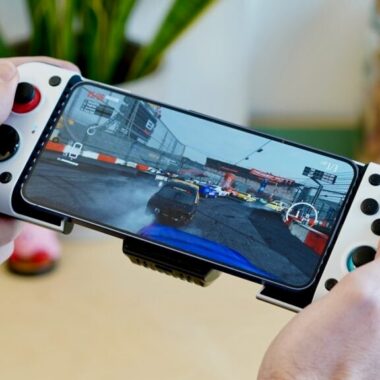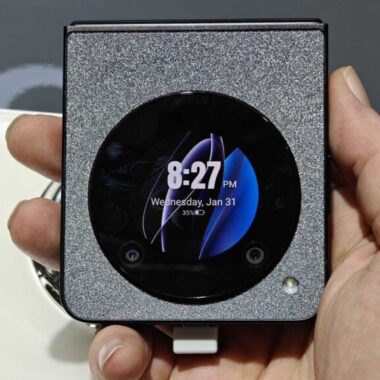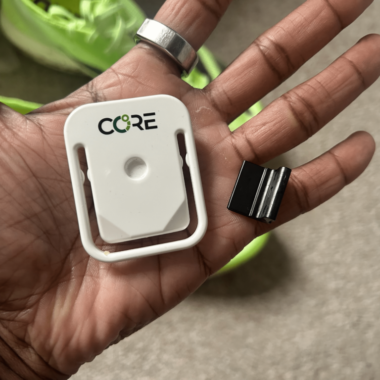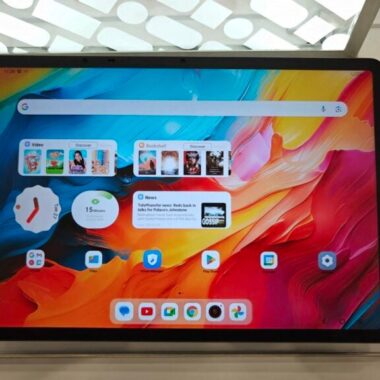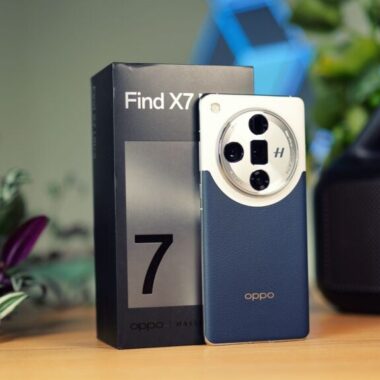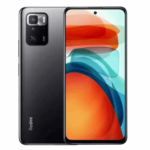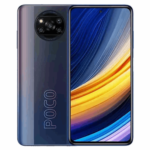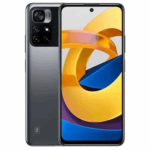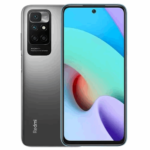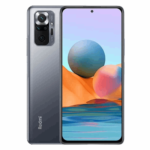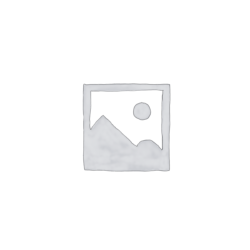Verdict
A phone all about style and selfies that does not come across as shallow or vapid. However, you do end up paying quite a lot for what you get. Power is poor for the money, there’s no 5G and no Google apps. It has its charms but the Huawei Nova 11 Pro doesn’t get an unreserved recommendation.
Pros
- Fashion-inspired design
- Very fast charging
- Excellent selfies
Cons
- No Google apps
- No 5G
- Quite pricey for the spec
-
100W chargingThis phone has one of the most powerful chargers in its class, capable of going from 0% to 50% charge in 10 minutes. -
60MP + 2X selfie cameraHuawei uses two front cameras, one with an ultra-high resolution 60MP sensor, the other a 2x lens for maxed out selfie versatility. -
Vegan leather back coverA leather effect back cover with a fashion-inspired embossed texture is an option here, and it looks surprisingly good in person.
Introduction
The Huawei Nova 11 Pro has two key priorities, fashion and selfies. It has a pair of front cameras that would not be all that out of place on a phone’s back, and a finish that would look the part on a handbag.
It gives the Huawei Nova 11 Pro a distinctive character even if the series it belongs to, Nova, isn’t the flagship Huawei one.
You also get extremely fast charging, dead handy for quick top-ups before a night out. Young and busy — that’s the Nova 11 Pro audience. As usual, though, the Huawei Nova 11 Pro is a qualified recommendation at best as Huawei phones continue to lack Google apps. The Huawei alternatives aren’t as good. And at upwards of £600, issues like these are hard to ignore.
Design
- Vegan leather or glass rear
- Fashion label-style embossed pattern
- Curved glass front
The Huawei Nova 11 Pro is a distinctive-looking phone. It has a vegan leather back, which means it is plastic but has some of the feel of leather. This isn’t just hard embossed plastic.
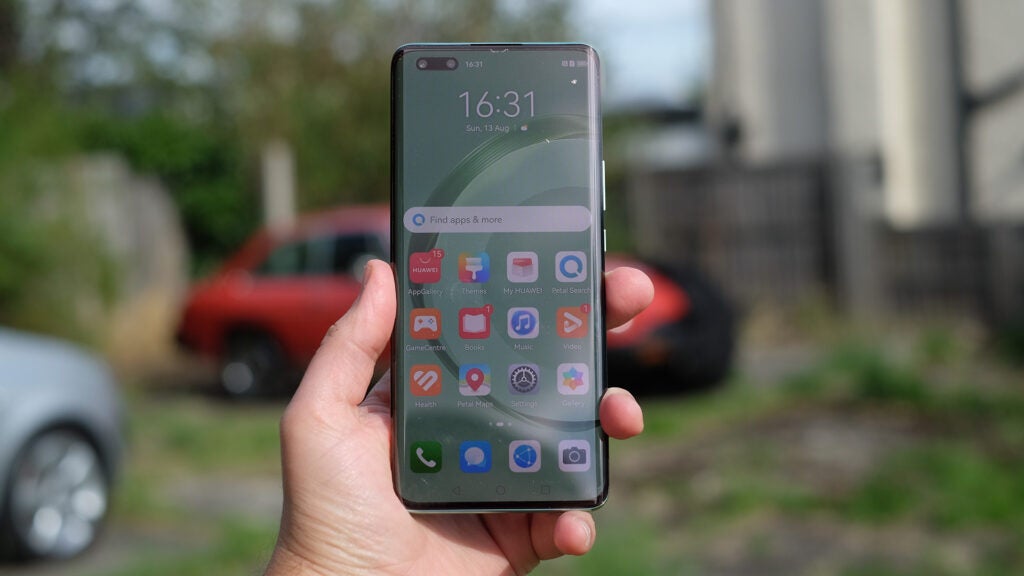
It also bears a funky pattern, a reworking of the “nova” family name that looks just like the logo of a fashion house. I’m often not all that game for styles like this, ones clearly made to be eye-catching above all else. But the Huawei Nova 11 Pro’s style works, and that title “nova” design looks good.
The one part that may be a step too far is the camera housing, which would look better and less cheap if it were toned down a bit. All those multiple finishes and all that tiny text across the main camera lens border? A step too far.
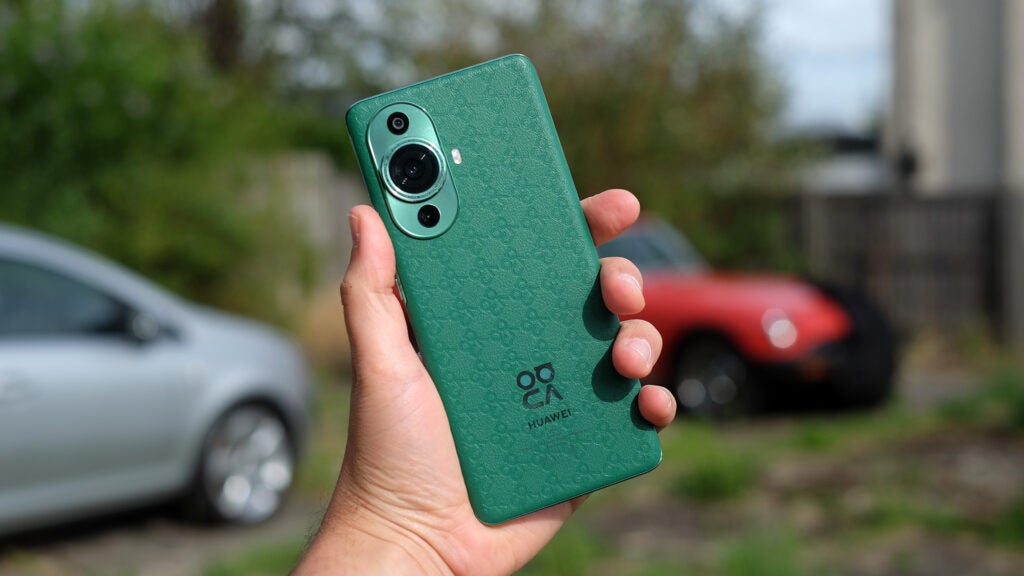
The front of the phone is a success too. Curved glass makes the Huawei Nova 11 Pro feel slimmer, and the display borders appear thinner.
It is not a true no-compromise design, though. The metallic-looking sidewalls that connect the front glass to the backplate are plastic, not aluminium. There’s no official water resistance either.
We’re not flagship-grade here, but it’s a largely successful and grippy design for those who like the fashion-inspired vibe. The Huawei Nova 11 Pro is also available with a glass back. Like other high-end Huaweis, this one uses the company’s Kunlun glass rather than Gorilla Glass.
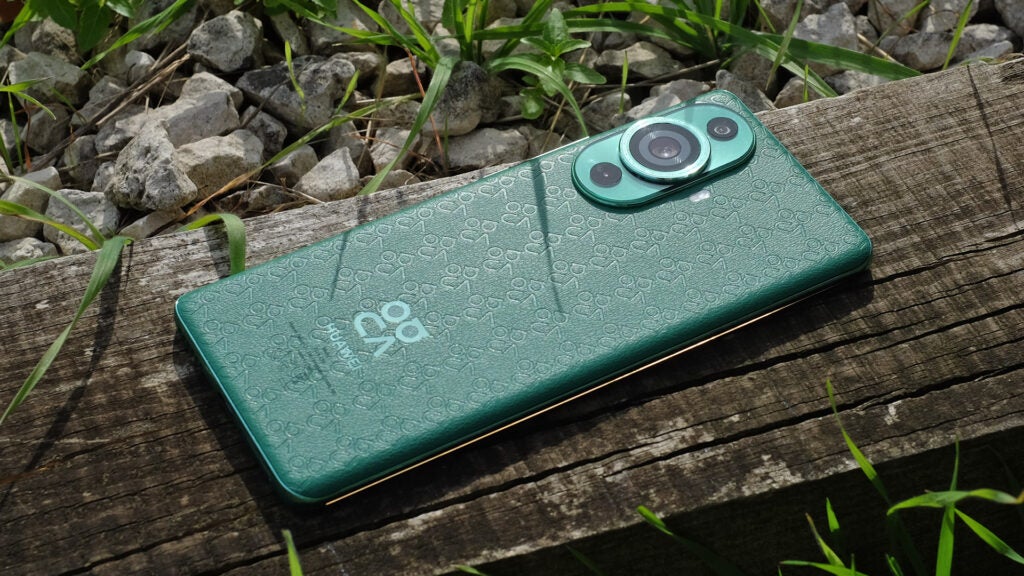
The Huawei Nova 11 Pro also has a good in-screen fingerprint scanner, not the side-loaded kind. But to really embrace the phone’s special attributes you should probably use face unlock.
In the box you get the 100W charger and cable, plus a silicone case. All the packaging appears to be cardboard-based bar the plastic sheath used to protect the case.
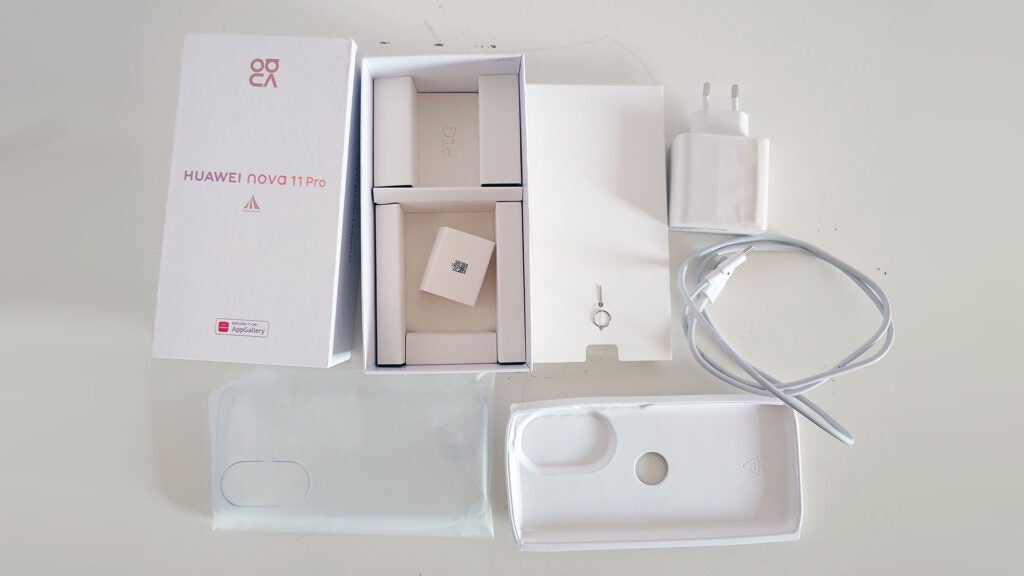
Screen
- OLED display panel
- Good image quality
- Solid but not flagship-tier brightness
The Huawei Nova 11 Pro has a 6.78-inch OLED screen with 2652 x 1200 pixel resolution. As a curved Full HD OLED, this screen makes a great first impression.
It provides great contrast and strong colour pop. Maximum brightness is not class-leading but is high enough to make the display fairly clear in direct bright sunlight.
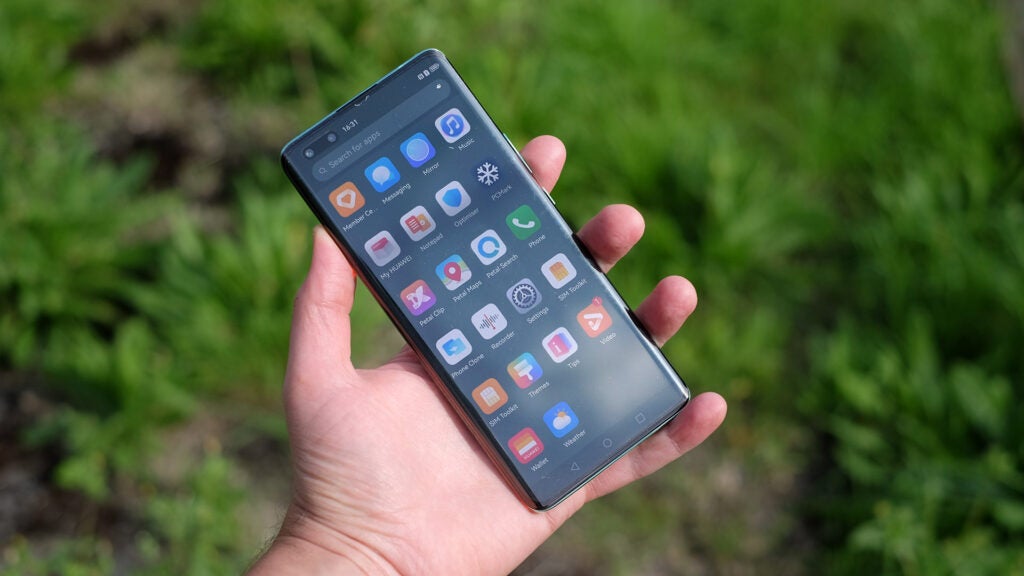
The Huawei Nova 11 Pro also makes a good showcase for the smoothness of a 120Hz refresh rate. Its fast-scrolling app menu still looks silky smooth, and you have the option of switching down to 60Hz to save battery life.
There’s a Dynamic mode too, the default, which drops down to 60Hz when displaying static content.
You also have a choice of Normal and Vivid colour modes. Both look good, but I recommend using the slightly less saturated Normal, and switching to the “warm” colour temperature preset to take the edge off the default cool/blue lean.
The cut-out is one other thing to note. Thanks to the pair of front cameras, the lozenge-shaped camera housing is larger than most.
Cameras
- Fab selfie camera array
- Decent but far from class-leading rear cameras
- Video taps out at 4K/30
The Huawei Nova 11 Pro is unusual in that there are actually more megapixels up front than on the phone’s back. We get 50MP and 8MP cameras on the rear, 60MP and 8MP ones on the front.
Those two selfie cameras are used to achieve three fields of view. There’s your classic ultra-wide focal length, a second “1X” cropped view you might use to take comfortable selfies and 2X, a zoom mode that will just about fit in a whole adult face passport picture-style at arm’s length.
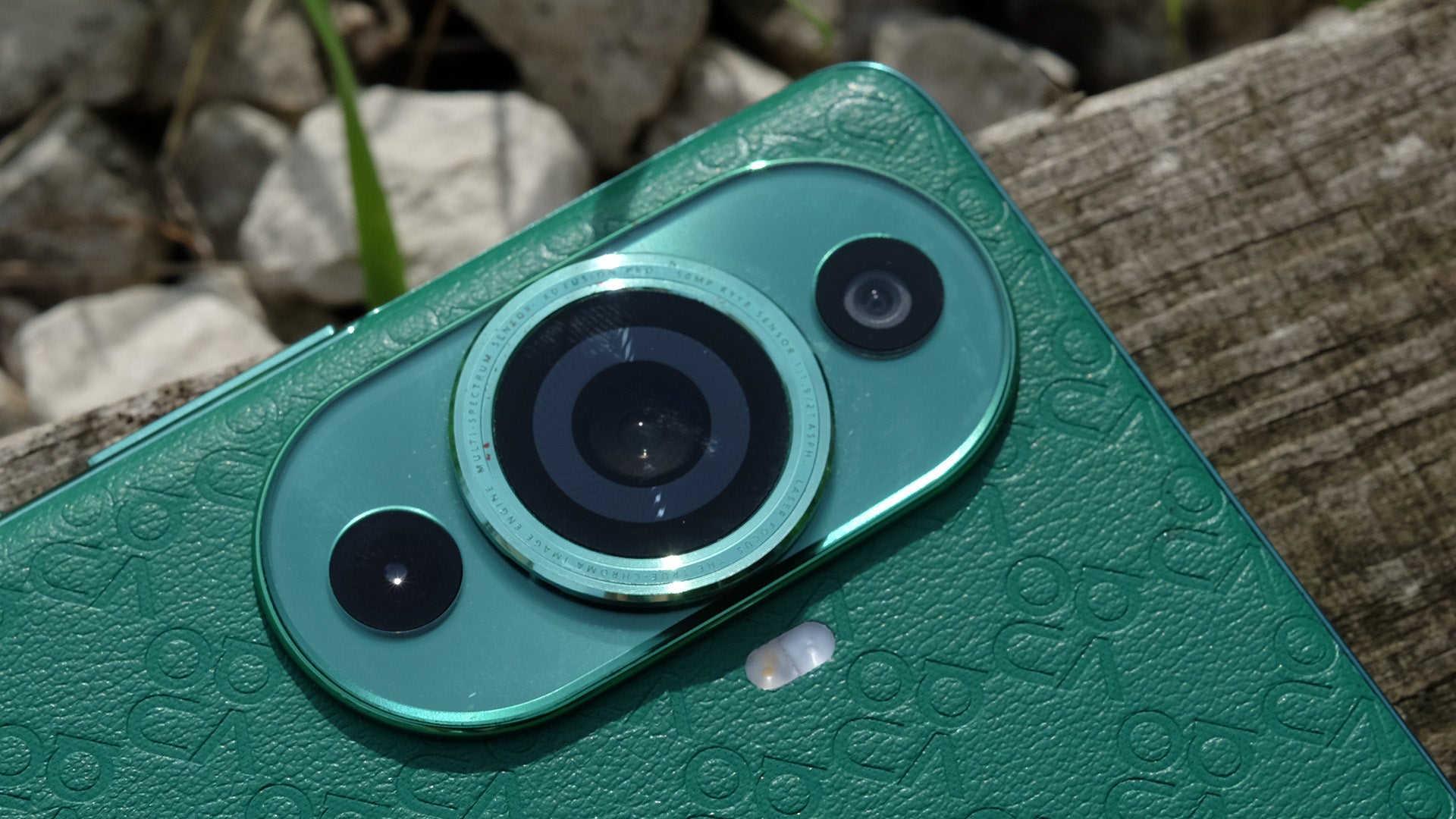
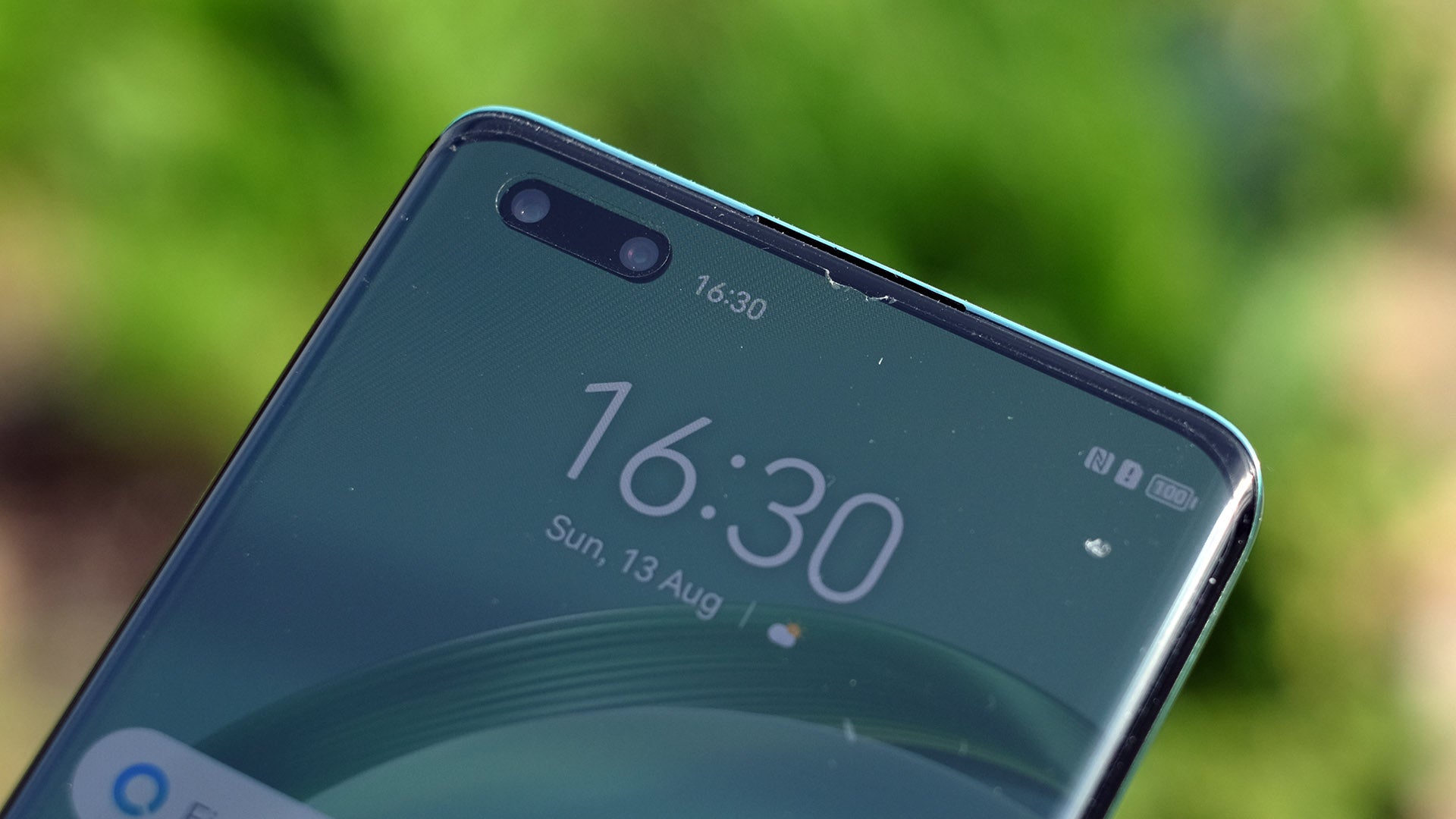
It’s this zoom mode that uses the 8MP camera, while the other two use the 60MP ultra-wide, capitalising on that high resolution for digital cropping without too much image quality compromise.
The results are great. Selfies have scads of detail, and image quality holds up well even in poor lighting, particularly when using the 60MP camera.

Rear camera performance is less notable. While the phone can take excellent pics, I find its processing has a slightly digital-looking, painted character. For pure image quality the Huawei Nova 11 Pro does not beat or match the Pixel 7.
The 2X rear camera mode is just a digital crop, but can produce usable results
I also noticed a tendency for the HDR optimisation to occasionally leave quite significant overexposed areas in images. Huawei has great HDR software, and it’s often seen in the Huawei Nova 11 Pro’s camera. However, at times it does either appear to slip up or to overly favour overall image brightness at the expense of important areas of image quality.
Similarly, at times colours appear significantly oversaturated. This is to be expected when using the “AI” scene mode, but in the ultra-wide camera oversaturation in any mode seems to be quite common.
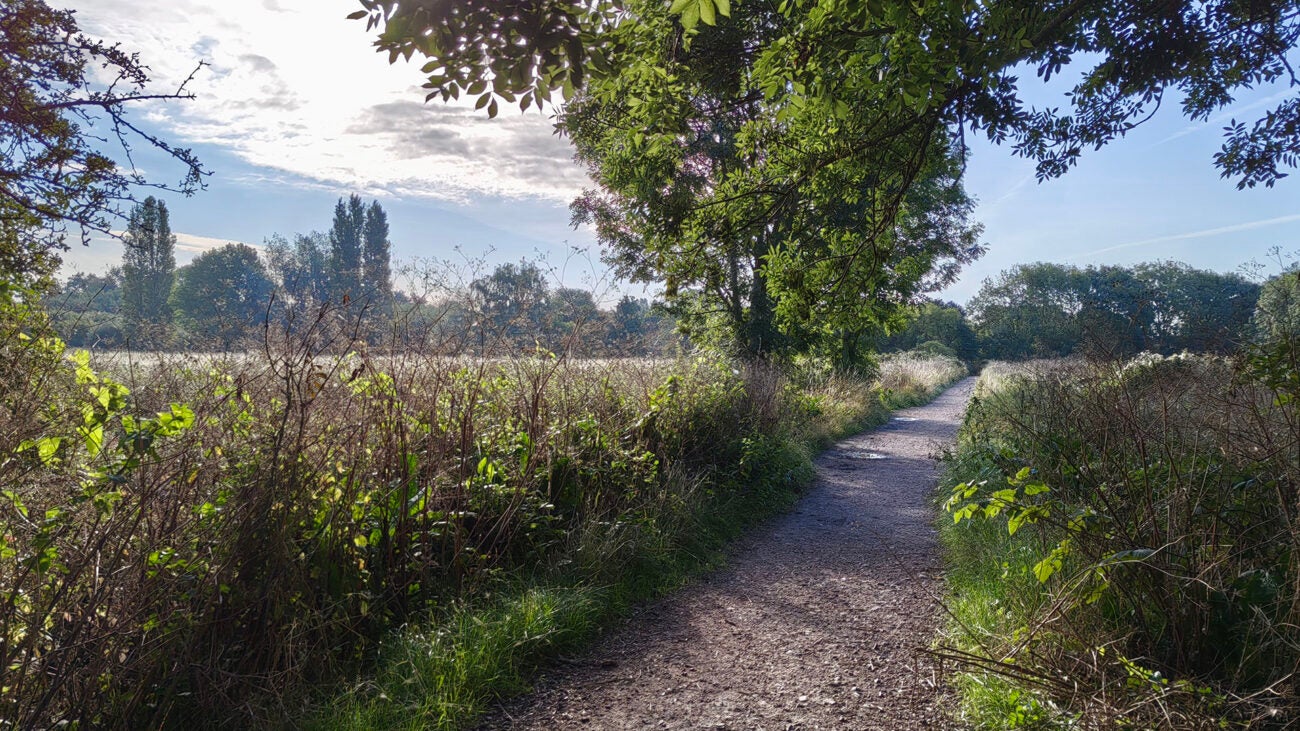
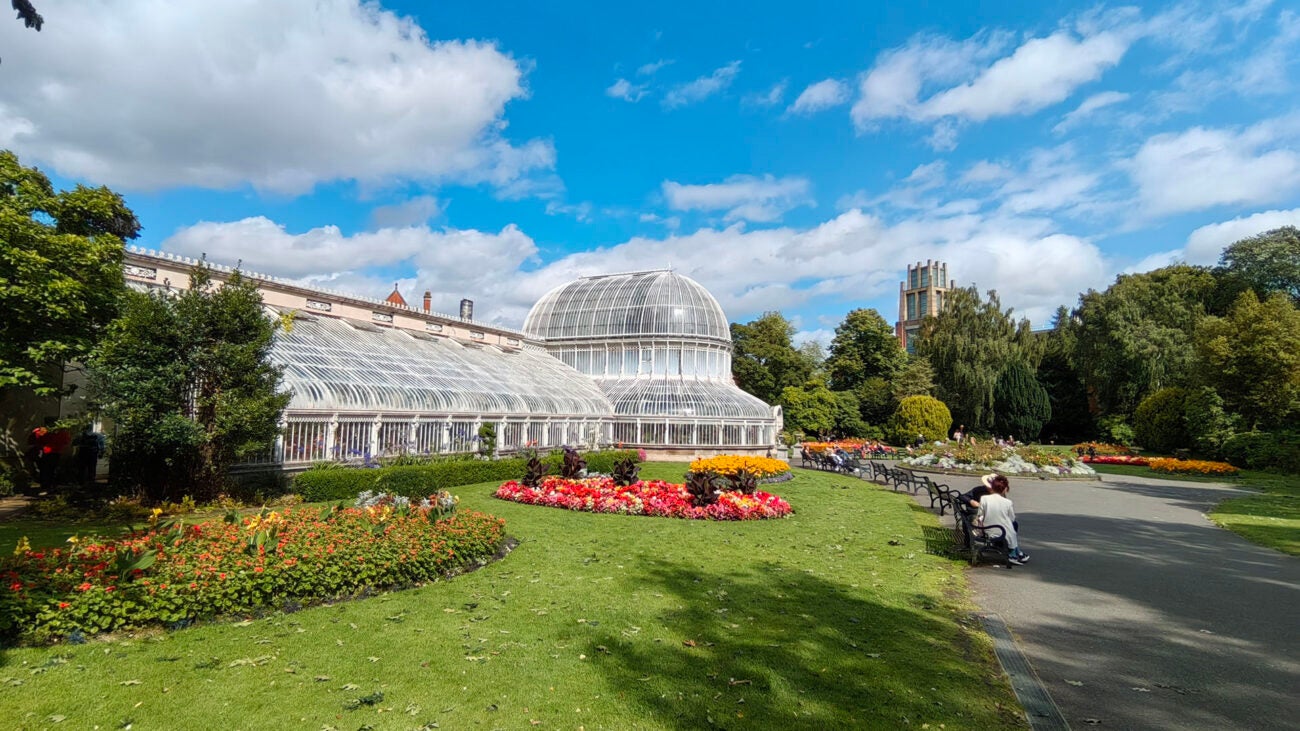
Here’s the ultra-wide dramatically oversaturating the blue sky
However, in a nice surprise, the ultra-wide makes a very neat macro camera thanks to its ability to focus very, very close to subjects. It’s much better than the average 2MP dedicated macro camera.
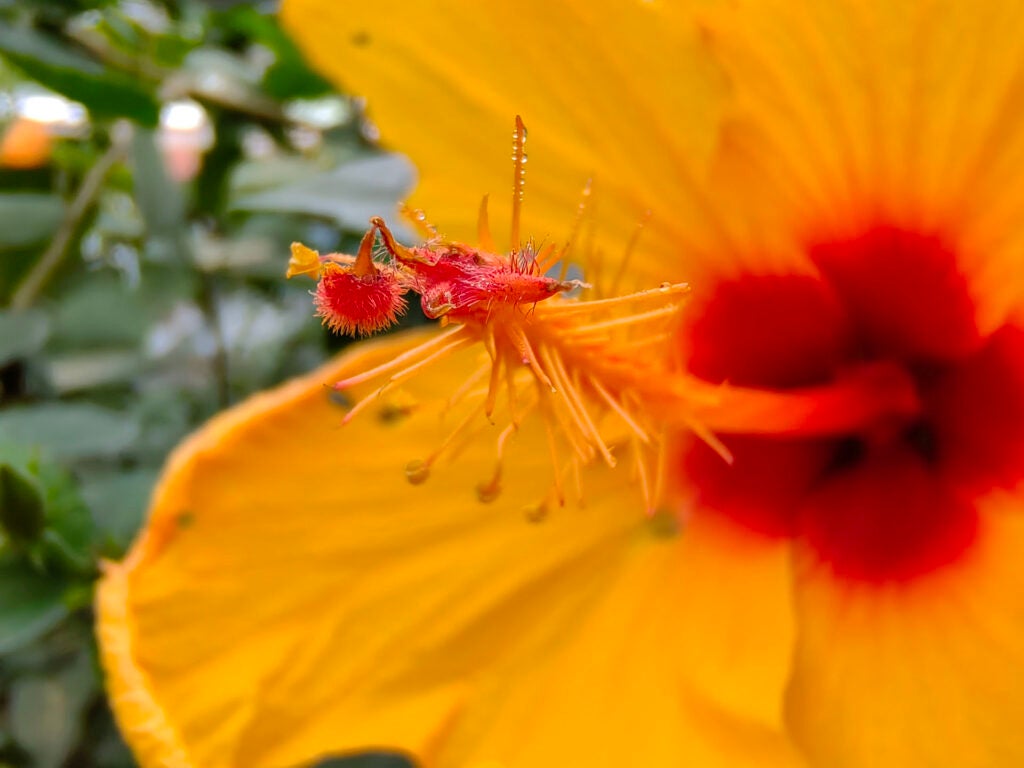
The Huawei Nova 11 Pro can’t match Huawei’s best, like the Huawei P60 Pro, at night either. There’s full-on computational photography here, resulting in radically improved dynamic range, colour and clarity, particularly when using the night mode. However, detail in the darkest areas looks stodgy and smudgy compared to the Huawei P60 Pro’s shots.
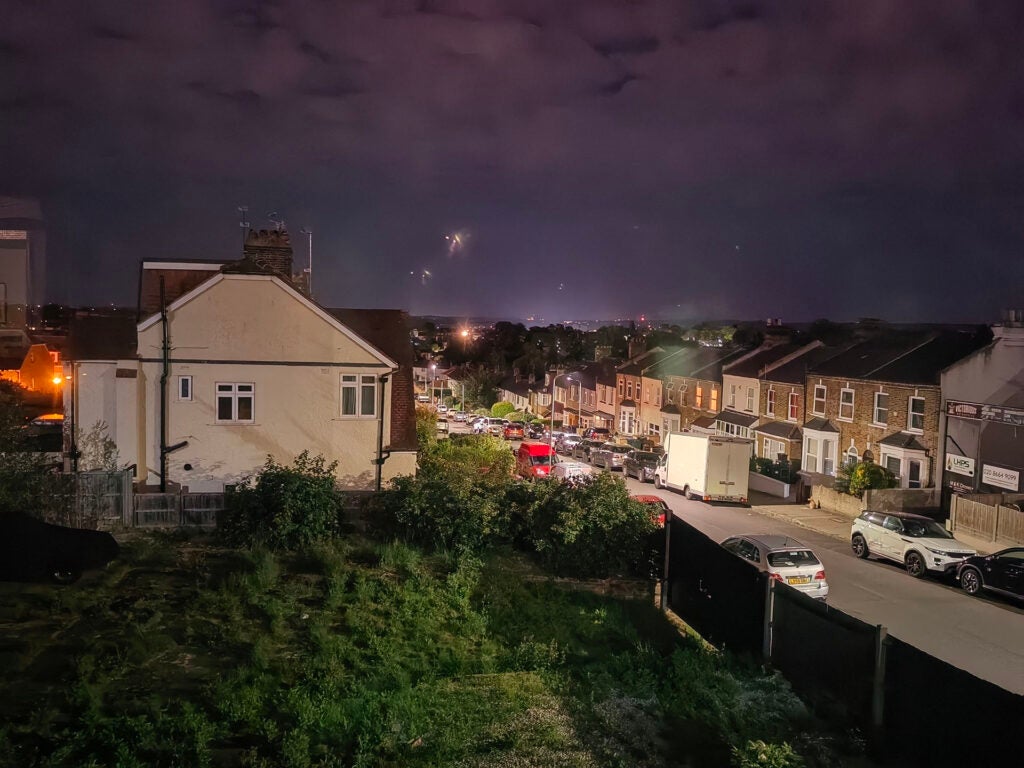
Still, that’s a much more expensive phone, and the Nova does a decent job at night.
For video your top modes at 1080p, 60 frames per second, or 4K resolution, 30 frames per second. This stands for front and rear camera arrays. Ideally I’d like to see 4K/60 capture. And, oddly, I’d almost say it’s more important for the front cameras here than the rear, as this is kinda a “vlog” phone.
Performance
- 4G only internet, no 5G
- Unimpressive mid-tier CPU and GPU performance
In a rather disappointing move, the Huawei Nova 11 Pro uses the same Qualcomm Snapdragon 778G processor as its year-old predecessor, the Nova 10 Pro.
This is also the 4G variant of the chipset. You’ll see this repeated across Huawei models — they don’t have 5G as the company is only given access to the 4G models from Qualcomm.
It is otherwise a respectable mid-range chipset, but not one that has the gaming grunt of, for example, the Pixel 7’s Tensor G2 chipset. For the money, it’s mediocre.
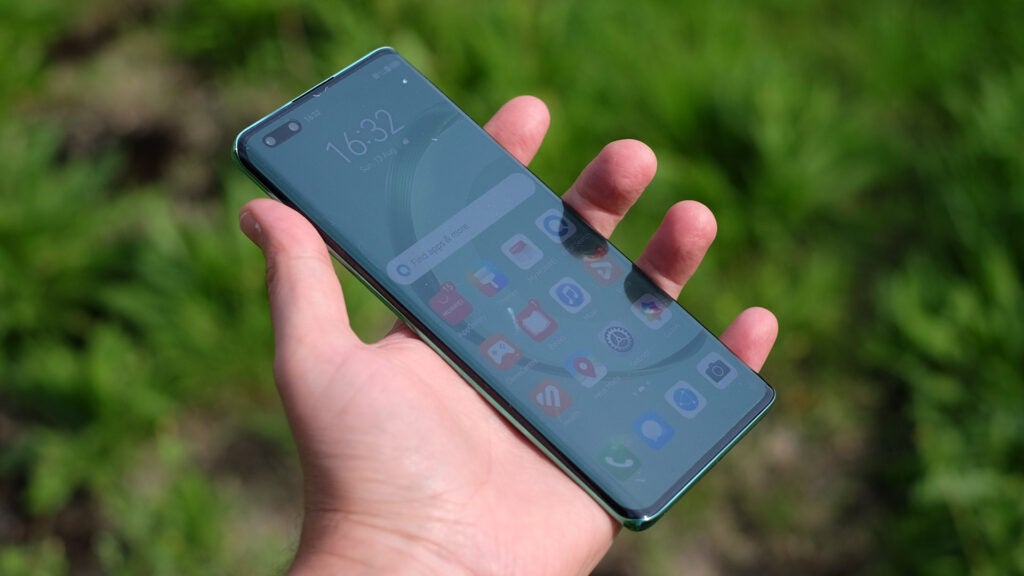
You get enough power to make Android run well, but not the power to make the Huawei Nova 11 Pro feel like the ideal mobile for keen mobile gamers. For that, you’d best check out our roundup of the best gaming phones.
Like most phones with less powerful modern CPUs, though, the Huawei Nova 11 Pro’s performance is far more stable than that of a flagship.
According to 3D Mark’s Wild Life stress test it never needs to throttle when the processor is under strain in a “normal” temperature environment. Its performance stability was 99.2%.
The speakers further reaffirm that the Nova 11 Pro isn’t ideal for gaming. While there’s a stereo array, there’s no semblance of bass and at higher volumes the sound becomes ugly, the mids descending into a cacophonous muddle with busier music. Maximum volume is also just OK.
Software
- Uses custom Huawei software
- No access to Google apps
- Interface style with be familiar for Android fans
The Huawei Nova 11 Pro has Huawei’s EMUI interface, and the HMS Core software underneath. This is basically Android, but not.
Instead of having familiar Google apps like Google Play, Mail and Maps, you use Huawei’s alternatives.
Is Petal Maps as good as Google Maps? No, but my only major issue here is with Huawei AppGallery. This is Huawei’s Google Play app store alternative, and it is not a patch on the real deal.
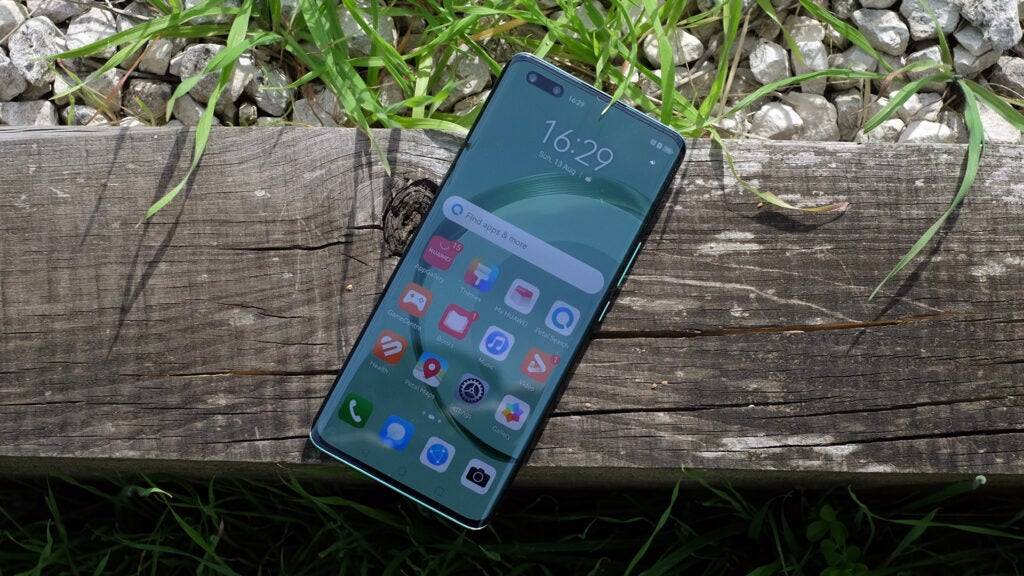
There’s not much of Android’s best stuff in here. Huawei has recognised this too, by introducing a Petal Search feature that displays results from popular third-party app stores as well as the AppGallery, spots like Apkpure.
This doesn’t really fully solve matters, though, because these app stores are largely based around free downloads. Most of the high-quality apps and games I looked for remain inaccessible to the Huawei Nova 11 Pro. And I found more downloads by searching those app stores separately.
You can get WhatsApp, Instagram, TikTok and Netflix, through a third-party store. But there’s no easy way to get Minecraft, or lots of other big-name titles.
I’d have hoped to see Huawei attract more big-name publishers to its platform by now. After all, Huawei has had to rely on the AppGallery for more than four years now, after it was blacklisted by the US government in 2019.
This aside, though, the Huawei Nova 11 Pro feels much like any Android phone, with a familiar layout and navigation style.
Battery life
- 100W charging
- 50% in 10 minutes
- No wireless charging
The Huawei Nova 11 Pro has a smaller battery than I’d like to see, 4500mAh. This is likely used to make it easier to get the phone’s thickness down below 8mm. However, anything below 5000mAh these days makes me nervous.
Battery life is fit for a day but not all that much more. Standby battery retention is great, but if you are going to buy a relatively high-end phone like this, you had better be using it a good amount.
Charging speed is excellent, though. Just like 2022’s Nova 10 Pro, the Nova 11 Pro includes a 100W adapter. Huawei claims it takes 15 minutes to reach 50% charge. Xiaomi’s 13 Pro pips it, at 120W, but at this level we’re not talking about huge differences in charge time.
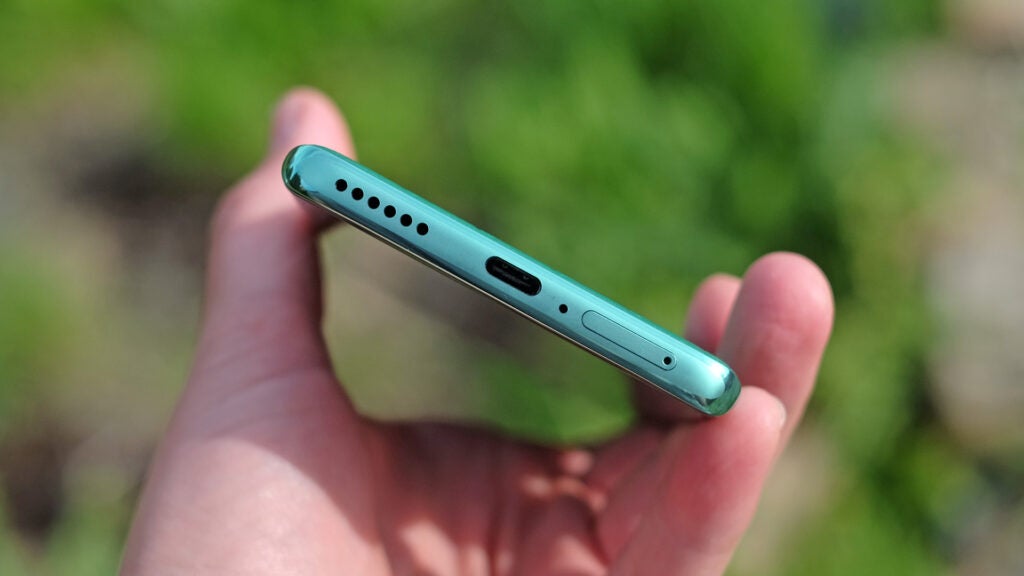
There’s good news and bad news. It’s even faster than the base claim, taking just 10 minutes to reach 50%. By 15 minutes it was at 67%, while it hit 100% at 24 minutes.
However, it doesn’t actually reach 100W according to my power meter. It tops out at 88W, and only spends a few seconds at that level.
The whole charging behaviour is quite odd here, actually. You typically see a phone start fast, and then gradually start receiving less and less juice as it goes through the cycle. Here, though, I saw it head into the 70-88W range multiple times. I assume this was when the phone judged the temperature levels were low enough.
Either way, it’s snappy. You don’t get any wireless charging support, but this is true of the 100W OnePlus 11 too.
Should you buy it?
You want a unique Android phone: Distinctive styling, strong selfie cameras and super-fast charging offer an appeal for a certain young and busy crowd of social media-connected phone fans.
You want a phone that can do everything: This phone costs quite a lot, considering it’s 4G-only and not all that powerful. It also lacks Google software, significantly limiting the games and apps you can download.
Final Thoughts
The Huawei Nova 11 Pro is a style and selfie-driven phone that looks the part and performs well for everyday jobs. Its selfies are great, and ultra-fast charging is never not welcome.
However, the appeal drops when you realise it’s quite pricey for a 4G-only phone. And, like other Huawei phones, it doesn’t have Google apps.
This means you have to use Huawei alternatives instead. Some of these are fine, but the AppGallery app store’s library isn’t nearly as good as Google Play’s. You get that with just about all rivals, including the Nothing Phone (2), Google Pixel 7 and OnePlus 11.
While none of those has quite the same angle as the Nova 11 Pro, each gets you more for your cash, all considered.
FAQs
No, there is no official water resistance rating here.
It does not come with Google apps, and uses Huawei alternatives.
Unusually, it has a zoom lens on the front (2x), but not the back.
Jargon buster
mAh
An abbreviation for milliampere-hour and a way to express the capacity of batteries, especially smaller ones in phones. In most cases the higher the mAh, the longer the battery will last but this isn’t always the case.
OLED
Organic Light Emitting Diode is panel technology that allows each individual pixel to produce light rather than relying on a backlight. This enables the screen to accurately display blacks by turning off the pixel, resulting in improved contrast compared to conventional LCD panels.

